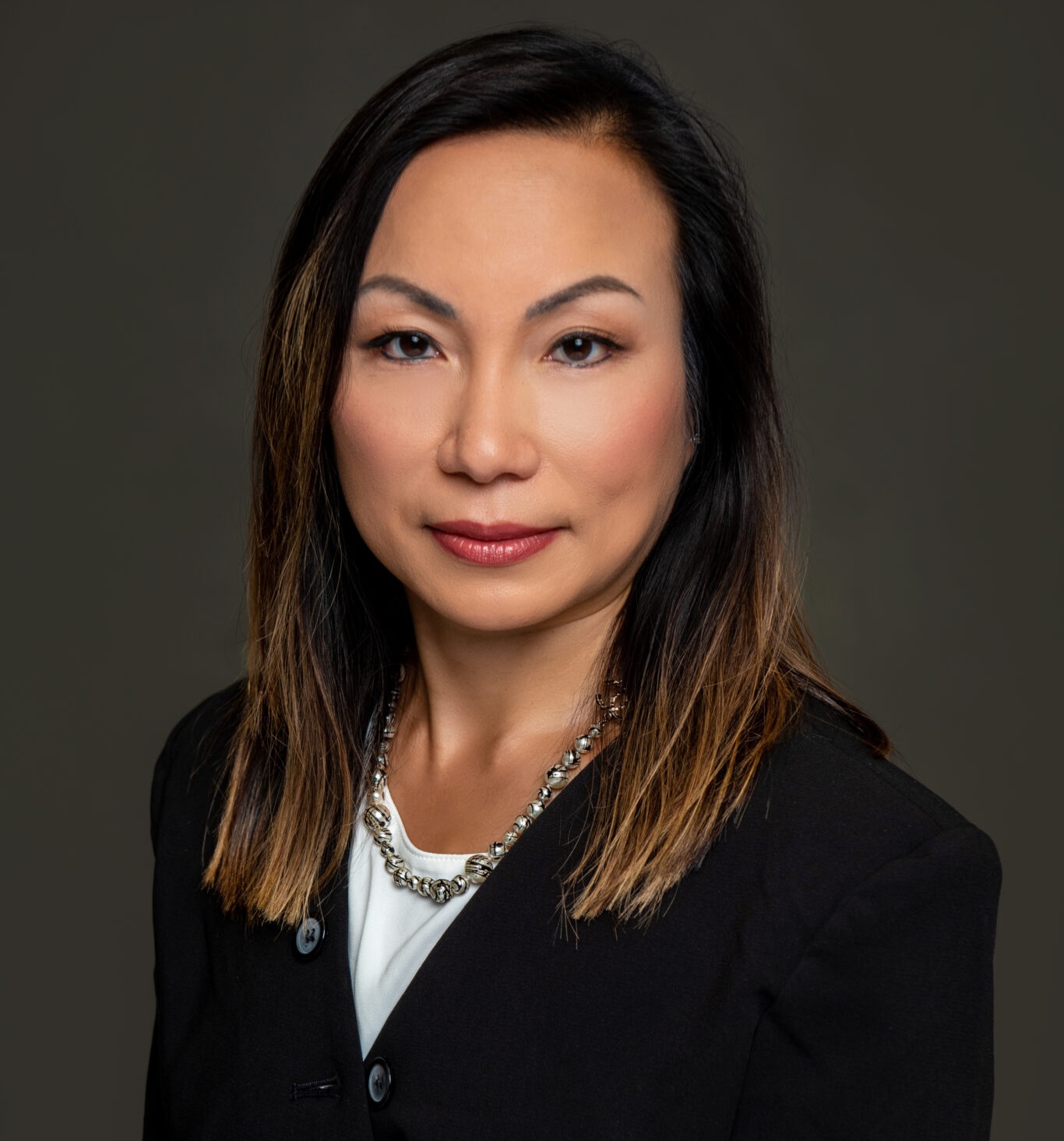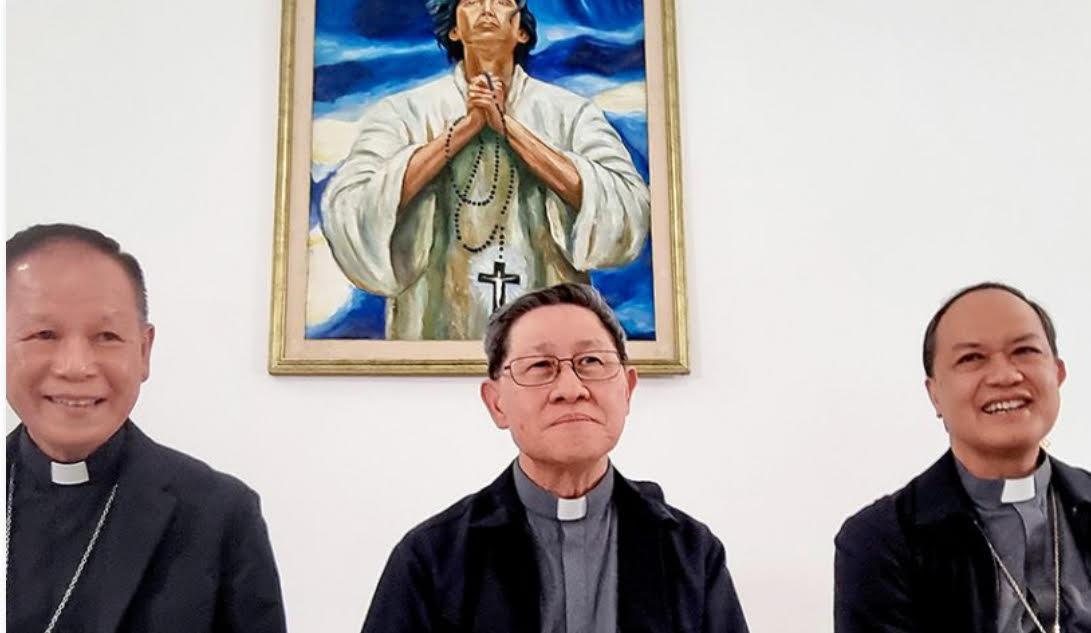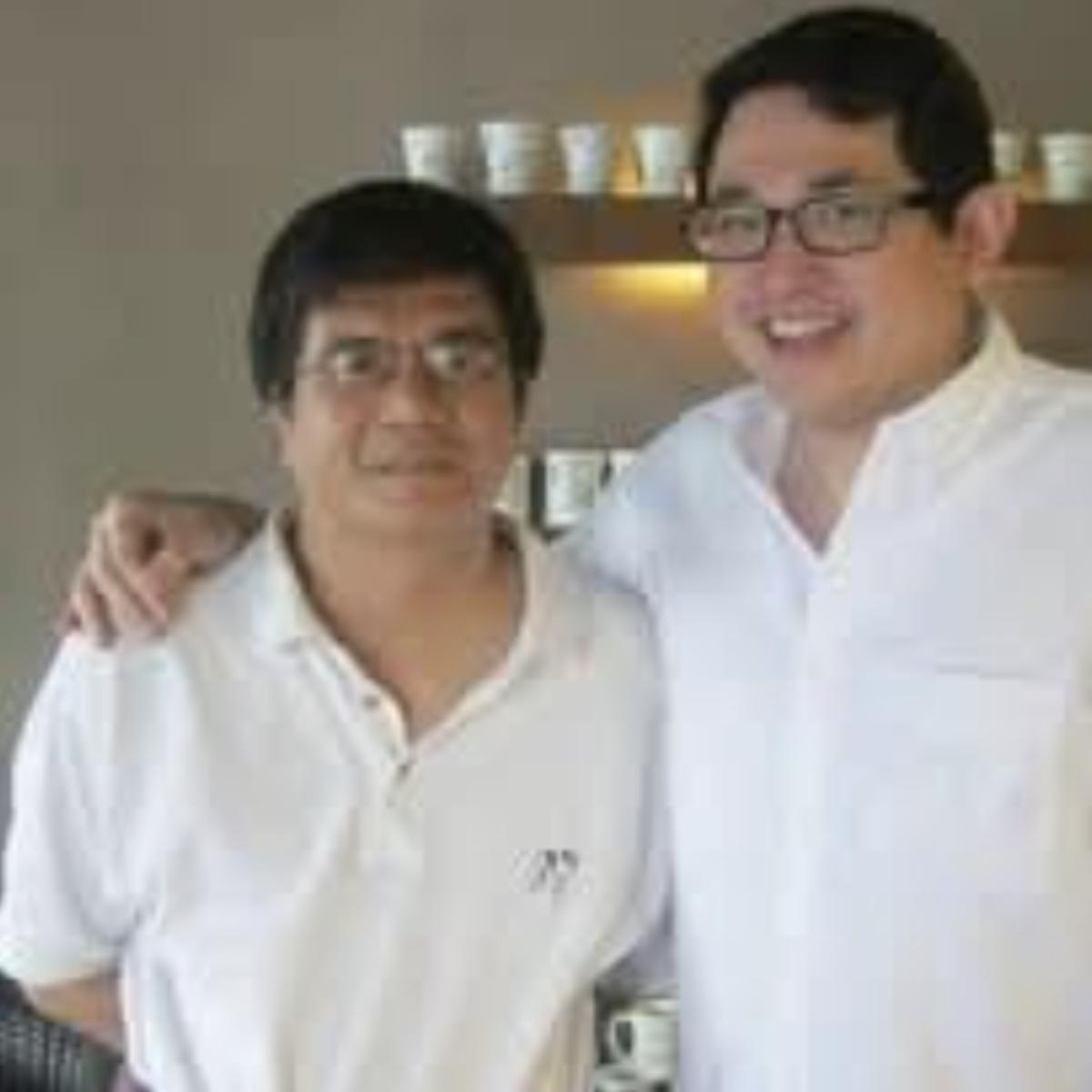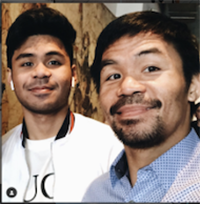IN 1999, Dr. Ben de Lumen and a team of scientists at UC Berkeley were working on a project to improve the nutritional quality of soy proteins when they discovered what they believe and hope is a miracle.
The team found that a specific protein in soy, when isolated, may have anti-cancer properties. The team named the soy peptide, lunasin, from the Tagalog word lunas, for cure. And this past decade since their discovery, he and his team at UC Berkeley’s Health Sciences Initiative, a partnership among biomedical sciences and technology programs geared towards advancing research into today’s major health problems, have been working hard to commercialize lunasin and hope it could be used on people.
De Lumen said in clinical trials, they found that lunasin is found to kill and stop the spread of cancer cells in mice.
“We found that lunasin selectively kills the cells that are being transformed from normal to cancer cells and did not effect the normal cells,” said de Lumen to the Asian Journal. “It’s a very effective cancer-preventive agent because it’s selective in killing cells. It’s only killing cells that transform from normal to cancerous.”
De Lumen recalled being awed by lunasin, at first when it killed microorganisms like E. coli before further tests revealed its anti-cancer properties.
“It was quite a discovery,” he said. “That’s the point when we said, ‘Wow. Oh my God.’ This is very interesting and very profound.”
“It was one of those serendipitous discoveries when you’re not really intending to discover an anti-cancer compound but you come across it by serendipity,” he added.
De Lumen said the experiments with mice is the first evidence that lunasin is cancer preventive.
A UC Berkeley publication in 2001 explained the findings further: “the researchers got clues on how lunasin works through tests in cell cultures. They showed that lunasin binds to deacetylated histones, a specific form of protein in a cell that helps package the long strands of DNA into tight coils. Lunasin seems to target cells before these histones undergo acetylation, a crucial step recently linked to cell proliferation and the formation of cancer.
“In one of the tests, the cells from a lunasin culture showed an 80 percent lower incidence of transformation into cancer cells compared with non-lunasin cultures after exposure to carcinogens.”
De Lumen’s findings of a anti-cancer property in soy (and further tests shows lunasin can also be found in barley, wheat, amaranth, and rye) is remarkable to say the least. Cancer is one of the leading causes of death worldwide with no known cure.
Scientists go through years and years of work and research looking for that one miracle to cure a disease like cancer or AIDS or other ills in the world. Most scientists go through a career without making a significant finding or contribution to their field.
For de Lumen, he’s hoping to prove that lunasin can benefit mankind and possibly cure certain kinds of cancer. Currently, lunasin is being tested in clinical trials, beginning with skin and cervical cancer prevention.
Since the discovery 13 years ago, de Lumen, a former University of the Philippines graduate who received a master’s at the University of Missouri and Ph.D at UC Davis, founded a biotech company called FilGen in hopes to commercialize lunasin and lunasin technology.
De Lumen, head of the lab where lunasin’s anti-cancer properties were first discovered, knows he could not have done this alone. He credits his team that include Dr. Alfredo Galvez, who founded his own company promoting lunasin, and two other researchers, for the discovery.
Last year, De Lumen was recently named a 2010 Fellow of the American Association for the Advancement of Science (AAAS) for his contributions to natural-products biochemistry, with special regard to the discovery of lunasin, according to his bio.
Born a scientist
Born and raised in Taytay Rizal, Philippines, de Lumen could trace his family back to nine generations, he said.
“My roots are still over there.”
Growing up, he was naturally attracted to drugs – the legal kinds – and its effects. His mother operated a pharmacy in the Philippines and he grew up helping her.
“My exposure with the use of drugs to prevent disease and cure disease was part of the motivation that science can be used to benefit humanity,” he said.
He graduated from the University of the Philippines with an agriculture chemistry degree before moving on to further his studies at the University of Missouri. He then received a Ph.D. at UC Davis.
He had several job offers to come back and work in the Philippines but he felt there were better opportunities in the US.
After working for Campbell’s for six years, he went on to become a professor at UC Berkeley.
For the past 33 years, de Lumen was a professor in the Department of Nutritional Sciences and Toxicology at UC Berkeley, where he headed his own research lab, lectured in the Philippines and across the country and discovered lunasin. His work has been published in several science journals.
He retired earlier this year to focus on his bio-tech company.
Giving back
De Lumen’s favorite saying is “Ang hindi lumingon sa pinanggalingan, hindi makakarating sa paroroonan.” (He/she who does not look back to where he/she comes from, would not be able to reach his/her destination).
De Lumen said after graduating from UP, he would have loved to have stayed in the Philippines to pursue advanced degrees but at the time when he graduated in 1965, “there were not a lot of Ph.Ds and mentors available.”
“But now we are producing a lot of Ph.Ds in the Philippines and I’m quite happy about that,” he said.
He also makes himself available and serve as a mentor to help Pinoy science students and scientists based in the Philippines or in the US with their work or questions they may have
De Lumen is part of the Pilipino American Academy of Science and Engineering.
He has participated in the Sandwich program, where a student in the Philippines develops the bread – a thesis or an idea, studies further in the US “to put meat” in the project before going back to the Philippines for the other bread to complete the sandwich.
Finding the cure
De Lumen said right now, lunasin is still in its very early stages. He hopes to market lunasin as a form of health supplements or even in make up. The FDA bars him or anyone promoting or commercializing lunasin as “anti-cancer” on a label until further tests can fully prove it.
De Lumen said that shouldn’t be a problem.
“We have something very sound scientifically,” he said. “I’m excited about this because the science is robust and sound and therefore we have a very good case for cancer prevention. I think when people realize that lunasin is really effective and I think it will be proven effective in cancer prevention eventually. I’m really excited about that because that is a major contribution to prevent a disease that is killing a lot of people.”
(www.asianjournal.com)
(LA Weekend Dec 10-13, 2011 Sec A pg.10)





